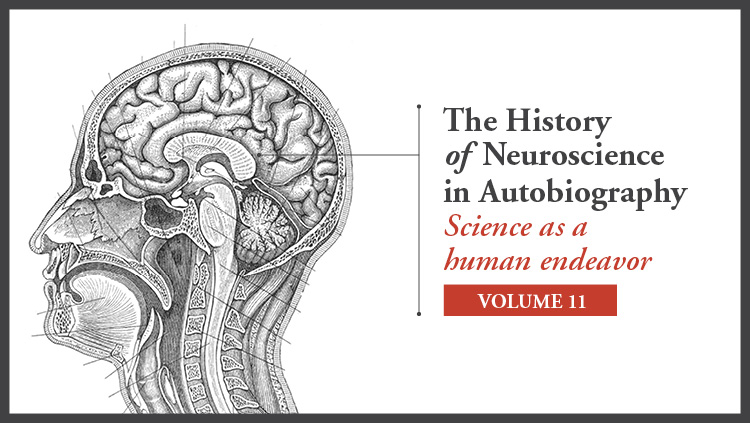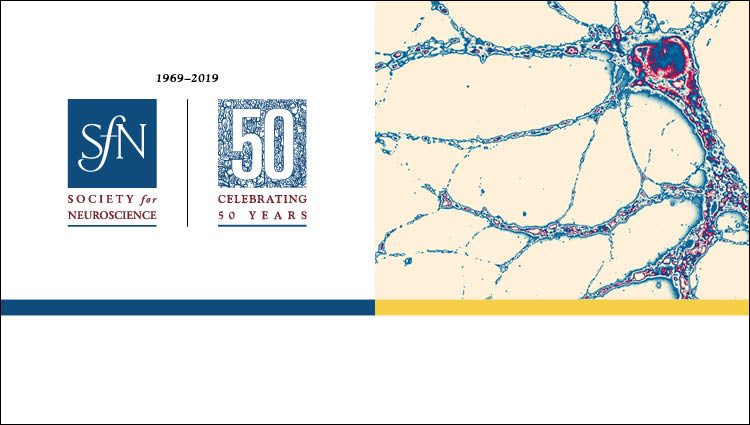Neuronline Spotlight: Supporting Underrepresented Trainees and Faculty
SfN’s Neuroscience Scholars Program members recently had an opportunity to share their unique experiences as underrepresented researchers — the hindrances they encounter and their hopes for progress.
Over half indicated that implicit bias, microaggressions, and imposter syndrome were added stressors to their career advancement. Additionally, many struggled to feel a sense of belonging, stemming from a stark lack of representation. This lack of representation manifested either as no access to role models from similar backgrounds or working with mentors who did not take time to truly see and understand them.
Despite these hardships, many minority neuroscientists have worked to build the representation, support, and community they themselves have been denied, on behalf of a new generation of researchers.
Yet, it is important for every scientist — not only those from underrepresented groups — to recognize and help to overcome the challenges that their colleagues face. Diversity of thought will move science forward, and everyone deserves to be treated with equality and respect.
Learn how you can support diversity in neuroscience at any career stage with the following Neuronline resources, including our recent webinar on the Black Lives Matter movement and the unique challenges minority neuroscientists face in the current moment.
Black Lives Matter and Neuroscience: Why This Moment Matters
This SfN-hosted webinar is moderated by Joanne Berger-Sweeney, and features Nii Addy, Marguerite Matthews, and Fitzroy ‘Pablo’ Wickham. During the discussion, our panelists speak about challenges diverse neuroscientists face within the field and provide guidance on how the neuroscience community can leverage this moment to influence change. Additionally, the panel discusses the impact of COVID-19 on the tenure clock for junior faculty, and how that impacts faculty of color.
Why Supporting Underrepresented Minorities Was a Driving Force for This Neuroscientist
James Townsel, former chair of the psychology department at Meharry Medical College, reflected on his experience as the only African American postdoctoral fellow in his department at Harvard University and how he has actively supported and created opportunities for underrepresented minorities. Townsel died this past summer at the age of 84.
“There were two goals I set for myself when I got my degree. One was to make a significant contribution to the neuroscience field. … The other objective that I had for myself was to make educational opportunities available to underrepresented minority students. I have devoted my career to this objective.”
“You Can, Too”: What This Neuroscientist’s Outreach Message Is All About
As a woman and underrepresented minority researcher, Alexandra Colón-Rodriguez, a postdoctoral fellow at the University of California, Davis, is giving back by serving as a role model and helping others to find supportive communities. For example, she co-chaired Michigan State University’s Middle School Girls’ Math and Science Day while earning her PhD. She also launched a workshop to introduce Puerto Rican students to neuroscience.
“Many underrepresented minorities don’t see themselves in other scientists and therefore can think that being a scientist isn’t for them. If you find somebody you can relate to, it can make your experience so much easier. For instance, my story may be helpful to others. I’m a woman from Puerto Rico, and my second language is English. I’m the only scientist in my family. I struggled, yet here I am successfully building my career.”
Building an Inclusive Community: What Science Departments Can Do
This article outlines five steps to creating a positive and welcoming environment: creating an inclusive scientific identity, initiating professional development opportunities, encouraging collaboration, engaging faculty and showing awareness for their concerns, and promoting transparent tenure, promotion, and recruitment practices.
“An equitable, open environment is created when faculty is asked for input in decision-making and when an individual’s concerns are taken seriously and addressed. It also means publicly recognizing and praising faculty for their contributions.”
Neuronline, SfN's home for learning and discussion, helps neuroscientists to advance in their training and career and connect with the global scientific community year-round.



















